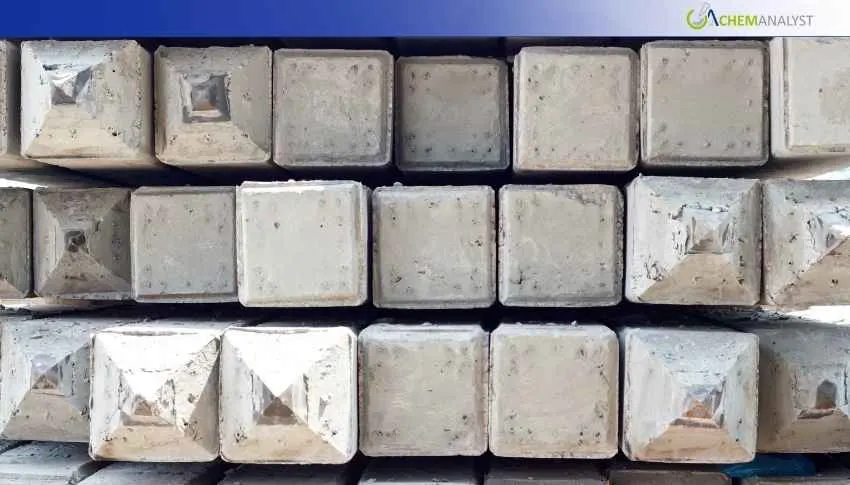Welcome To ChemAnalyst

Aluminium alloy ingot prices in China remained steady through mid-September, posting a slight weekly increase. The rise was primarily supported by a shortage of aluminium scrap and a gradual recovery in consumption across key terminal sectors like 3C electronics, automotive, and photovoltaics. As a result, the aluminium processing industry has begun to regain its typical peak season momentum.
Key Highlights:
During the week that ended on September xx, aluminium alloy ingot prices in China climbed to USD x,xxx/mt ex Shanghai. On the raw materials side, domestic aluminium scrap prices maintained their upward trend, supported by tight supply conditions. The aluminium tense scrap market was particularly firm, indicating ongoing scarcity. Additionally, silicon metal prices held strong, adding further support to aluminium alloy ingot cost structures.
Aluminium alloy ingot producers in downstream markets experienced...
We use cookies to deliver the best possible experience on our website. To learn more, visit our Privacy Policy. By continuing to use this site or by closing this box, you consent to our use of cookies. More info.
